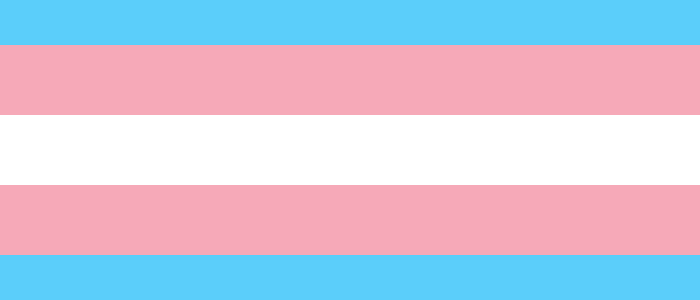European countries are violating the human rights of people trying to change their legal gender, said Amnesty International in a report published today. It details how transgender people are forced to undergo invasive surgery, sterilization, hormone therapy, psychiatric testing before they can change their legal status.
“There are obviously transgender people who would like to access some of the available health treatments, but many others do not. States should not force the choices of transgender people by making legal gender recognition dependent on surgeries, hormone treatment or sterilization,” said Marco Perolini, Amnesty International’s expert on discrimination.
“Many transgender people have to overcome enormous difficulties in coming to terms with their identity, and problems are often compounded by blatant state discrimination.”
Amnesty International’s report, The state decides who I am: lack of legal recognition for transgender people in Europe, focuses on seven European countries. It highlights how procedures to obtain legal gender recognition violate fundamental human rights in Denmark, Finland, France, Norway, Belgium and Germany. And how in Ireland no procedure exists at all, though legislation in this area is planned.
It is estimated that there could be as many as 1.5 million transgender people in the European Union.
In many states there are strict conditions under which individuals can change their legal gender. Transgender people can obtain legal gender recognition only if they are diagnosed with a mental disorder, agree to undergo medical procedures such as hormone treatments and surgeries resulting in irreversible sterilization, and have to prove that they are single. The whole process can take years.
“States must ensure that transgender people can obtain legal recognition of their gender through a quick, accessible and transparent procedure in accordance with the individual’s own sense of their gender identity, while preserving their right to privacy and without imposing on them mandatory requirements that violate their human rights,” said Marco Perolini.
“People have to make an odious decision – either they allow themselves to be subjected to a raft of degrading steps and measures on the behest of the state or they are forced to continue to live with a gender based on the sex they were assigned at birth – even if that contradicts their appearance and identity.”
In Ireland no procedures yet exist to enable people to change their legal gender. Victoria, a transgender woman living in Dublin, Ireland told Amnesty International:
“Legal gender recognition is important because, once and for all, I wouldn’t have to battle with people [for anything] I have a right [to], like social welfare. I want to be recognised as who I bloody well am. It’s ridiculous that the state doesn’t recognize me as who I am.”
Legal gender recognition is key for the enjoyment of human rights by transgender people. Transgender people are at risk of being discriminated against whenever they have to produce documents mentioning a name or gender-related information that do not reflect their gender identity and expression.




